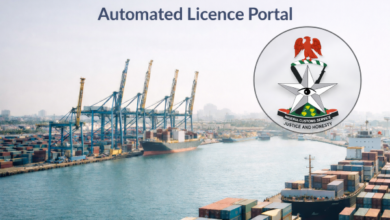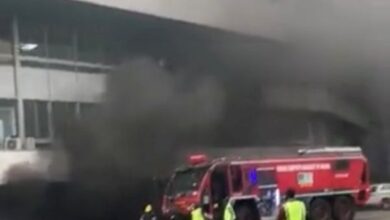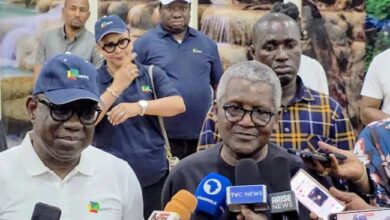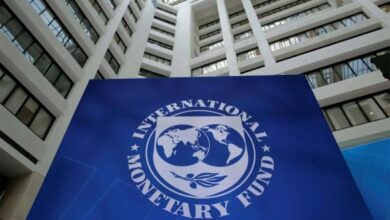Senate set to investigate implementation of PIA
 Senate at plenary on Thursday urged its Committees on Petroleum Downstream and Gas to conduct a holistic investigation on the implementation of the Petroleum Industry Act (PIA).
Senate at plenary on Thursday urged its Committees on Petroleum Downstream and Gas to conduct a holistic investigation on the implementation of the Petroleum Industry Act (PIA).
This followed the adoption of a motion on “Urgent Need for Enquiry into Implementation of the Petroleum Industry Act (PIA) 2021with Regards to Potential Exit of International Oil Companies (IOCS) from Nigeria: Case of ExxonMobil in Akwa Ibom, sponsored by Sen. Etim, Aniekan.
Presenting the motion, Aniekan said that the discovery of oil and gas in commercial quantity in Nigeria saw the arrival of International Oil Companies (IOCs) such as Shell PB, Mobil Producing Nigeria Unlimited, ater merged into ExxonMobil) Nigerian Agip Oil Company (NAOC) among others.
NCDMB hosts African oil producers to chart energy future
He said the coming of the IOCs in Nigeria was for purpose of further exploration, development and production in the oil and gas sector.
He said the IOCs went into Joint Venture (JV) contracts with the Federal Government through the NNPC Ltd.
Aniekan said the case in point was the JV where the NNPC had 60 per cent while ExxonMobil had 40 per cent shares in the JV between the NNPC and ExxonMobil.
“The responsibilities for injection of capital expenditure into the JV and the proceeds of same are shared in corresponding proportions,” he said.
He said ExxonMobil offered to sell its entire onshore and shallow water facilities and business in Akwa Ibom which had established fields and high-quality operations with a highly skilled local operational teams.
Aniekan said the company also had track record of safe operations, high production rate as well as crucially extensive footprint in Akwa Ibom.
He said the it was in preparatory to its exit from its onshore and shallow water operations in the state and to focus on deepwater production.
He said it was curious that NNPC has the Right of First Refusal (RFR) and has notified ExxonMobil of its intention to exercise that Right of Pre-emption on ExxonMobil’s planned sale of its entire asset in Nigeria’s onshore and shallow waters.
He, however, said that ExxonMobil proceeded to seal a deal with Seplat Energy PlC for that purpose.
He said that the Petroleum Industry Act (PIA) 2021 was enacted to provide legal governance, regulatory and fiscal framework for the Nigerian Petroleum Industry and address the multifarious challenges in the sector which is still the main stay of the country’s economic life.
He said the PIA had not made clear implementation plans for situations such as the now emerging trend of exit of the IOCs.
He also said the PIA had not holistically resolved issues bothering on protection of interest of the federal government, producing states, host communities or provided future assurances in the handling of situations such as the issue now in focus.
The lawmaker expressed concern about the potential adverse effects of the exit of ExxonMobil from Akwa Ibom including high loss of jobs, exit of professionals and service companies, loss of revenue and abandonment of certain yet to be satisfied obligations.
He also expressed worry that the new company taking over the assets and liabilities of ExxonMobil may not have sufficient capacity to successfully step into the ExxonMobil footprints.
“Concerned that the need to get involved in the processes regarding exit of ExxonMobil in Akwa Ibom State cannot be left in the hands of the NNPC and other regulators alone.
” But that there is real need to involve all stakeholders for purpose of mapping, profiling, marking up, inventorizing and analyzing what Exxon Mobil was doing in the oil producing states and host communities.
“This is to obtain clear undertaking that whoever takes over ExxonMobil will in the interest of the state and her people, also take over all or a reasonable volume of those responsibilities previously undertaken by ExxonMobil,” he said.
He also expressed worry that the PIA implementation had yet to produced any workable coordination or clearing house by which NNPCL, regulators and oil producing companies, coordinate to ensure vital petroleum sector changes.












